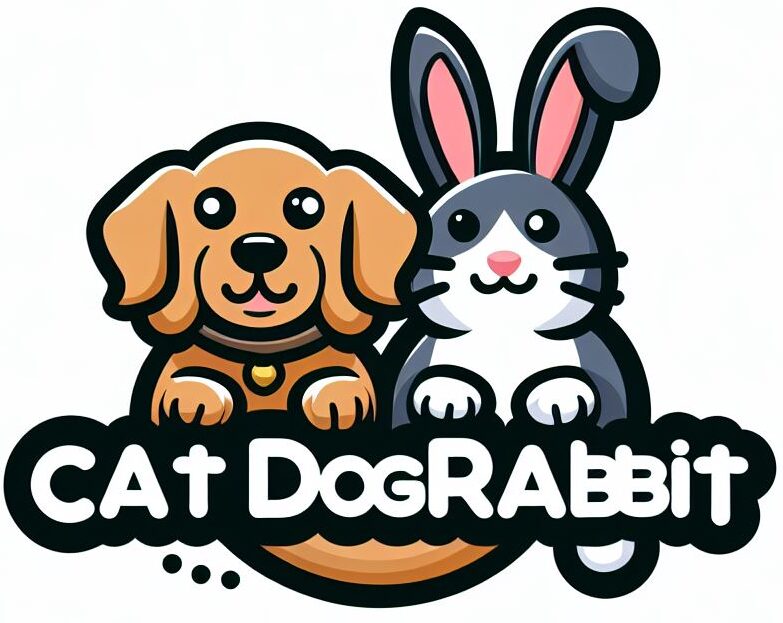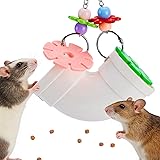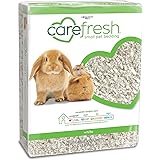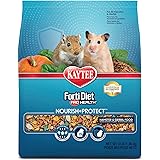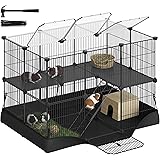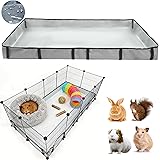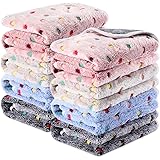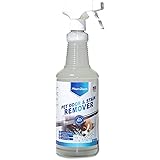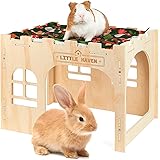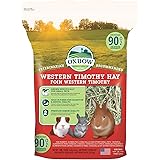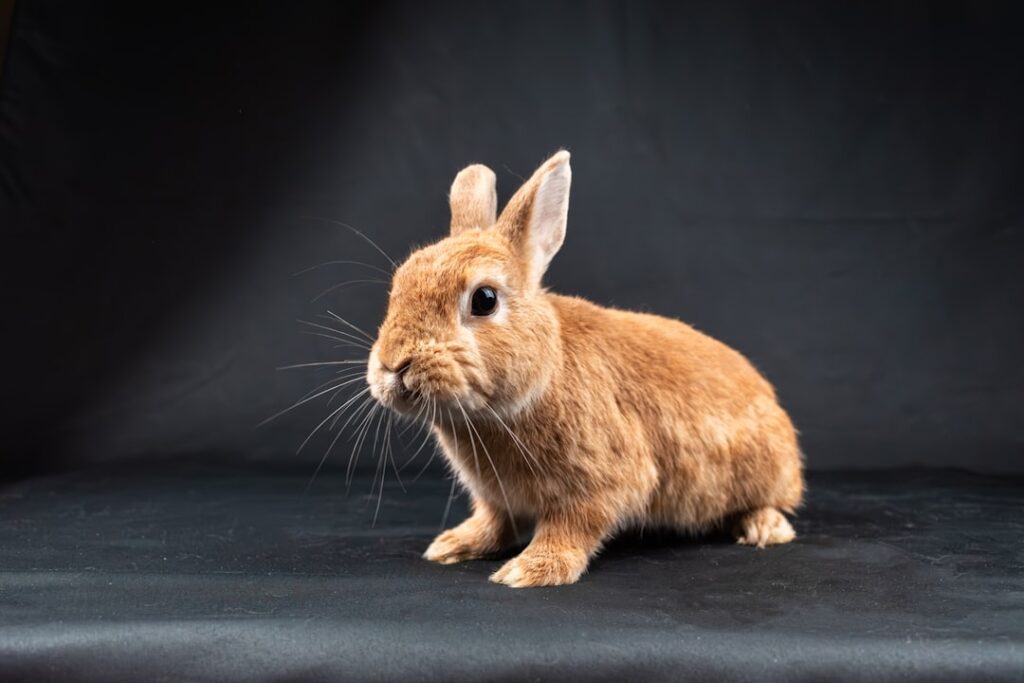
Paw Inspired Fitted Fleece Liners for Ferret Nation, Critter Nation Cage for Ferrets, Rats, Chinchillas, Hedgehogs & Other Small Animals (Gray, Double Unit Set)
$69.99 (as of 02/08/2026 14:07 GMT +00:00 - More infoProduct prices and availability are accurate as of the date/time indicated and are subject to change. Any price and availability information displayed on [relevant Amazon Site(s), as applicable] at the time of purchase will apply to the purchase of this product.)Kaytee Clean & Cozy Lavender Paper Bedding For Pet Guinea Pigs, Rabbits, Hamsters, Gerbils, and Chinchillas, 49.2 Liters
$19.95 (as of 02/08/2026 14:07 GMT +00:00 - More infoProduct prices and availability are accurate as of the date/time indicated and are subject to change. Any price and availability information displayed on [relevant Amazon Site(s), as applicable] at the time of purchase will apply to the purchase of this product.)AOWPFVV Rat Enrichment Toys, Rat Foraging Toy for Various Treats, Slow Feeder Hanging Fancy Mice Cage Accessories Puzzle Toy More Healthy, Easy-Clean Rodent Toys for Rats, Mice or Parakeets
$9.99 (as of 02/08/2026 14:07 GMT +00:00 - More infoProduct prices and availability are accurate as of the date/time indicated and are subject to change. Any price and availability information displayed on [relevant Amazon Site(s), as applicable] at the time of purchase will apply to the purchase of this product.)Carefresh 99% Dust-Free White Natural Paper Small Pet Bedding with Superior 10 Day Odor Control & Absorption, for Guinea Pigs, Hamsters, Rabbits, & Rats, 50 L
$22.99 (as of 02/08/2026 14:07 GMT +00:00 - More infoProduct prices and availability are accurate as of the date/time indicated and are subject to change. Any price and availability information displayed on [relevant Amazon Site(s), as applicable] at the time of purchase will apply to the purchase of this product.)Kaytee Forti-Diet Pro Health Nourish+Protect Hamster and Gerbil Food, Comprehensive Nutrition Backed by Science, Digestive Health, Immune Support, 3 Pounds
$5.99 (as of 02/08/2026 14:07 GMT +00:00 - More infoProduct prices and availability are accurate as of the date/time indicated and are subject to change. Any price and availability information displayed on [relevant Amazon Site(s), as applicable] at the time of purchase will apply to the purchase of this product.)SONGMICS 2-Tier Guinea Pig Cage, Rabbit Cage, Small Animal Playpen with Waterproof Mat, Top and Side Door, 35 Panels, 36.6 x 24.8 x 24.2 Inches, Ink Black ULPI016BH01
$44.99 (as of 02/08/2026 14:07 GMT +00:00 - More infoProduct prices and availability are accurate as of the date/time indicated and are subject to change. Any price and availability information displayed on [relevant Amazon Site(s), as applicable] at the time of purchase will apply to the purchase of this product.)Small Pet Select - Select Care Urinary Support Supplement, Natural High Fiber Timothy Hay Based Treats for Rabbits, Guinea Pigs, Hamsters, Other Small Animals, 4.2 oz
$10.99 (as of 02/08/2026 14:07 GMT +00:00 - More infoProduct prices and availability are accurate as of the date/time indicated and are subject to change. Any price and availability information displayed on [relevant Amazon Site(s), as applicable] at the time of purchase will apply to the purchase of this product.)Saccison 2PCS Slicker Brush for Dogs & Pet Comb,Professional Dog Grooming Brush (Goldendoodles,Poodles,Labradoodles) with Extra Long Pins to Effectively Remove Tangles, Knots and Mats (Blue, Large)
$13.97 (as of 02/08/2026 14:07 GMT +00:00 - More infoProduct prices and availability are accurate as of the date/time indicated and are subject to change. Any price and availability information displayed on [relevant Amazon Site(s), as applicable] at the time of purchase will apply to the purchase of this product.)DZWLKJ Guinea Pig Cage Liner Tarp Bottom Waterproof and Washable Base Also for Rabbits, Bunny, Chinchesillas, Hedgehog, Ferrets and Other Small Animals(24x48 inches)
$13.99 (as of 02/08/2026 14:07 GMT +00:00 - More infoProduct prices and availability are accurate as of the date/time indicated and are subject to change. Any price and availability information displayed on [relevant Amazon Site(s), as applicable] at the time of purchase will apply to the purchase of this product.)Lionhead bunnies, with their distinctive mane-like fur, are a breed of domestic rabbits that have gained popularity as pets in recent years. These adorable creatures have a rich history and origin that adds to their charm. Lionhead bunnies are believed to have originated in Belgium, where breeders sought to create a rabbit with a distinctive mane similar to that of a lion. Through careful breeding and selection, the Lionhead breed was developed.
The popularity of Lionhead bunnies as pets can be attributed to their unique appearance and friendly nature. Their fluffy manes and expressive eyes make them incredibly endearing, and their small size makes them suitable for both indoor and outdoor living. Additionally, Lionhead bunnies are known for their friendly and sociable personalities, making them great companions for individuals or families looking for a pet that is both entertaining and affectionate.
Key Takeaways
- Lionhead bunnies are majestic and regal rabbits that make great pets.
- Lionhead bunnies are unique due to their distinctive mane of fur around their head and their small size.
- Housing requirements for lionhead bunnies include a safe and comfortable environment with plenty of space to move around.
- A balanced diet is important for the optimal health of lionhead bunnies, including hay, fresh vegetables, and a limited amount of pellets.
- Grooming lionhead bunnies involves maintaining their fluffy coats through regular brushing and trimming.
Characteristics of Lionhead Bunnies: What Makes Them Unique?
Lionhead bunnies are easily recognizable due to their distinctive physical appearance. They have a compact body with short legs and a round head. However, what sets them apart from other rabbit breeds is their mane-like fur around their head, resembling that of a lion. This fur can vary in length and texture, with some Lionheads having longer, flowing manes while others have shorter, more compact ones.
In terms of personality and behavior, Lionhead bunnies are known for being friendly and sociable. They enjoy human interaction and can form strong bonds with their owners. They are also intelligent animals that can be trained to perform tricks or use a litter box. However, it is important to note that each bunny has its own unique personality, so it is essential to spend time getting to know your individual pet’s preferences and behaviors.
Housing Requirements for Lionhead Bunnies: Creating a Safe and Comfortable Environment
When it comes to housing Lionhead bunnies, it is important to provide them with a safe and comfortable environment. This includes choosing the right cage or enclosure, providing suitable bedding and accessories, and considering temperature and lighting requirements.
Lionhead bunnies require a spacious cage or enclosure that allows them to move around freely. The cage should be large enough for them to stretch out fully and stand on their hind legs without their ears touching the top. It is also important to provide them with a solid floor or matting to prevent any foot injuries.
Bedding is essential for creating a comfortable living space for your Lionhead bunny. Choose bedding that is safe for rabbits, such as paper-based bedding or hay. Avoid using cedar or pine shavings, as they can be harmful to rabbits’ respiratory systems.
Temperature and lighting are also important considerations for housing Lionhead bunnies. They are sensitive to extreme temperatures, so it is crucial to keep their environment within a comfortable range. Additionally, providing natural light or full-spectrum lighting can help mimic their natural habitat and promote their overall well-being.
Feeding Lionhead Bunnies: A Balanced Diet for Optimal Health
| Food Type | Amount | Frequency | Benefits |
|---|---|---|---|
| Hay | Unlimited | Daily | Provides fiber for digestive health |
| Pellets | 1/4 cup | Daily | Supplies essential vitamins and minerals |
| Vegetables | 1 cup | Daily | Offers variety and additional nutrients |
| Fruits | 1-2 tablespoons | Occasionally | Treats and adds flavor to diet |
| Water | Unlimited | Daily | Keeps bunny hydrated and healthy |
Proper nutrition is essential for the health and well-being of Lionhead bunnies. A balanced diet should consist of high-quality hay, fresh vegetables, and a limited amount of pellets. It is important to provide them with a variety of foods to ensure they receive all the necessary nutrients.
Hay should make up the majority of a Lionhead bunny’s diet. It helps maintain healthy digestion and provides essential fiber. Fresh vegetables should also be included in their diet, with options such as leafy greens, carrots, and bell peppers being suitable choices. Pellets should be given in moderation, as they can be high in calories and lead to obesity if overfed.
It is important to avoid feeding Lionhead bunnies certain foods that can be harmful to their health. This includes foods high in sugar, such as fruits and treats, as well as foods that are toxic to rabbits, such as chocolate, onions, and garlic. Additionally, it is crucial to provide fresh water at all times and ensure that the water source is clean and free from contaminants.
Grooming Lionhead Bunnies: Maintaining Their Fluffy Coats
One of the most distinctive features of Lionhead bunnies is their fluffy mane-like fur. However, this luxurious coat requires regular grooming to keep it in good condition. Grooming not only helps maintain their appearance but also prevents matting and keeps their skin healthy.
Brushing and combing are essential grooming techniques for Lionhead bunnies. Use a soft-bristled brush or a comb specifically designed for rabbits to gently remove any tangles or mats in their fur. It is important to be gentle and avoid pulling on their fur, as this can cause discomfort or injury.
Bathing should be done sparingly, as rabbits are generally clean animals that groom themselves. However, if your Lionhead bunny’s fur becomes soiled or dirty, a bath may be necessary. Use a mild rabbit-safe shampoo and warm water to gently clean their fur, taking care to avoid getting water in their ears or eyes.
Nail trimming and ear cleaning are also important aspects of grooming Lionhead bunnies. Trim their nails regularly using a pair of small animal nail clippers, being careful not to cut too close to the quick. Cleaning their ears involves using a damp cloth or cotton ball to gently wipe away any dirt or debris.
Exercise and Playtime for Lionhead Bunnies: Keeping Them Active and Happy

Lionhead bunnies are active animals that require regular exercise and mental stimulation to stay happy and healthy. Providing them with opportunities for playtime and exercise is essential for their overall well-being.
Exercise is important for maintaining a healthy weight and preventing obesity in Lionhead bunnies. They should have access to a safe and secure area where they can run, jump, and explore. This can be achieved through both indoor and outdoor play options, depending on your living situation and preferences.
Indoor play options for Lionhead bunnies include providing them with toys, tunnels, and obstacles to keep them entertained. You can also create a designated play area where they can roam freely under supervision. Outdoor play options may include a secure outdoor enclosure or supervised playtime in a rabbit-proofed yard.
Toys and games are great ways to keep Lionhead bunnies mentally stimulated. Provide them with chew toys, puzzle toys, or treat-dispensing toys to keep them engaged and entertained. You can also engage in interactive play with your bunny using toys such as balls or feather wands.
Health Issues in Lionhead Bunnies: Common Problems and Prevention Tips
Like any other pet, Lionhead bunnies are susceptible to certain health issues. Being aware of common problems and taking preventative measures can help ensure the well-being of your furry friend.
Some common health issues in Lionhead bunnies include dental problems, gastrointestinal stasis, and respiratory infections. Dental problems can occur if their teeth become overgrown, leading to difficulty eating and potential pain. Regular dental check-ups and providing appropriate chew toys can help prevent dental issues.
Gastrointestinal stasis is a condition that occurs when a rabbit’s digestive system slows down or stops working altogether. This can be caused by factors such as a poor diet, lack of exercise, or stress. Providing a balanced diet, regular exercise, and a stress-free environment can help prevent gastrointestinal stasis.
Respiratory infections are another common health issue in Lionhead bunnies. These infections can be caused by factors such as poor ventilation, exposure to drafts, or a weakened immune system. Ensuring a clean and well-ventilated living environment, as well as providing a balanced diet and regular veterinary check-ups, can help prevent respiratory infections.
Breeding Lionhead Bunnies: Understanding Their Reproductive Cycle
Breeding Lionhead bunnies requires careful consideration and knowledge of their reproductive cycle. It is important to understand the requirements and responsibilities involved in breeding before deciding to breed your rabbits.
Breeding considerations include selecting suitable breeding pairs, ensuring they are in good health, and providing appropriate housing and care during the breeding process. It is important to choose rabbits with desirable traits and temperaments to produce healthy and well-rounded offspring.
The pregnancy and birth process in Lionhead bunnies typically lasts around 30 days. During this time, the pregnant doe should be provided with a comfortable nesting box filled with soft bedding. It is important to monitor the doe closely during this period and provide any necessary assistance or veterinary care if complications arise.
Caring for newborn bunnies involves ensuring they receive proper nutrition from their mother’s milk and providing a warm and safe environment. The kits should be monitored for any signs of illness or distress, and any concerns should be addressed promptly.
Training Lionhead Bunnies: Teaching Tricks and Behaviors
Training Lionhead bunnies can be a fun and rewarding experience for both the owner and the bunny. Positive reinforcement training techniques are recommended for teaching tricks and behaviors to these intelligent animals.
Positive reinforcement involves rewarding desired behaviors with treats or praise, while ignoring or redirecting unwanted behaviors. This type of training helps create a positive association with learning and encourages the bunny to repeat the desired behavior.
Basic commands that can be taught to Lionhead bunnies include “come,” “sit,” and “stay.” These commands can be taught using treats as rewards and repetition. It is important to keep training sessions short and engaging to maintain the bunny’s interest and focus.
Litter box training is another important aspect of training Lionhead bunnies. Rabbits are naturally clean animals and can be easily trained to use a litter box. Place a litter box in their living area and gradually introduce them to it by placing some of their droppings in the box. Reward them with treats or praise when they use the litter box correctly.
The Joy of Owning and Caring for Lionhead Bunnies
Owning a Lionhead bunny can bring immense joy and companionship to individuals or families. These majestic and regal rabbits have unique characteristics that make them stand out from other breeds. Their physical appearance, friendly personalities, and intelligence make them popular pets for people of all ages.
However, owning a Lionhead bunny also comes with responsibilities. Providing a safe and comfortable environment, a balanced diet, regular grooming, exercise, and mental stimulation are all essential aspects of caring for these adorable creatures. Additionally, being aware of common health issues, understanding their reproductive cycle, and investing time in training can help ensure the well-being and happiness of your Lionhead bunny.
In conclusion, owning a Lionhead bunny can be a rewarding experience for those who are willing to put in the time and effort to provide proper care. These majestic and regal rabbits have captured the hearts of many with their unique appearance and friendly nature. By understanding their needs and providing a loving home, you can enjoy the companionship and joy that comes with owning a Lionhead bunny.
FAQs
What are lionhead bunnies?
Lionhead bunnies are a breed of domestic rabbits that are known for their distinctive mane of fur around their head and neck, resembling that of a lion.
What is the origin of lionhead bunnies?
Lionhead bunnies were first bred in Belgium in the 1990s by crossing a Swiss Fox rabbit with a Belgian Dwarf rabbit.
What is the average size of a lionhead bunny?
Lionhead bunnies are small to medium-sized rabbits, typically weighing between 2 and 4 pounds and measuring 8 to 10 inches in length.
What is the lifespan of a lionhead bunny?
The average lifespan of a lionhead bunny is between 7 and 9 years, although some have been known to live up to 12 years with proper care.
What is the temperament of lionhead bunnies?
Lionhead bunnies are known for their friendly and social personalities. They are generally good with children and other pets, and enjoy being held and cuddled.
What is the care required for lionhead bunnies?
Lionhead bunnies require regular grooming to maintain their mane of fur, as well as a balanced diet of hay, fresh vegetables, and pellets. They also need plenty of exercise and a clean living environment.
Are lionhead bunnies good pets?
Yes, lionhead bunnies make great pets for those who are willing to provide them with the proper care and attention they need. They are friendly, social, and easy to train.
